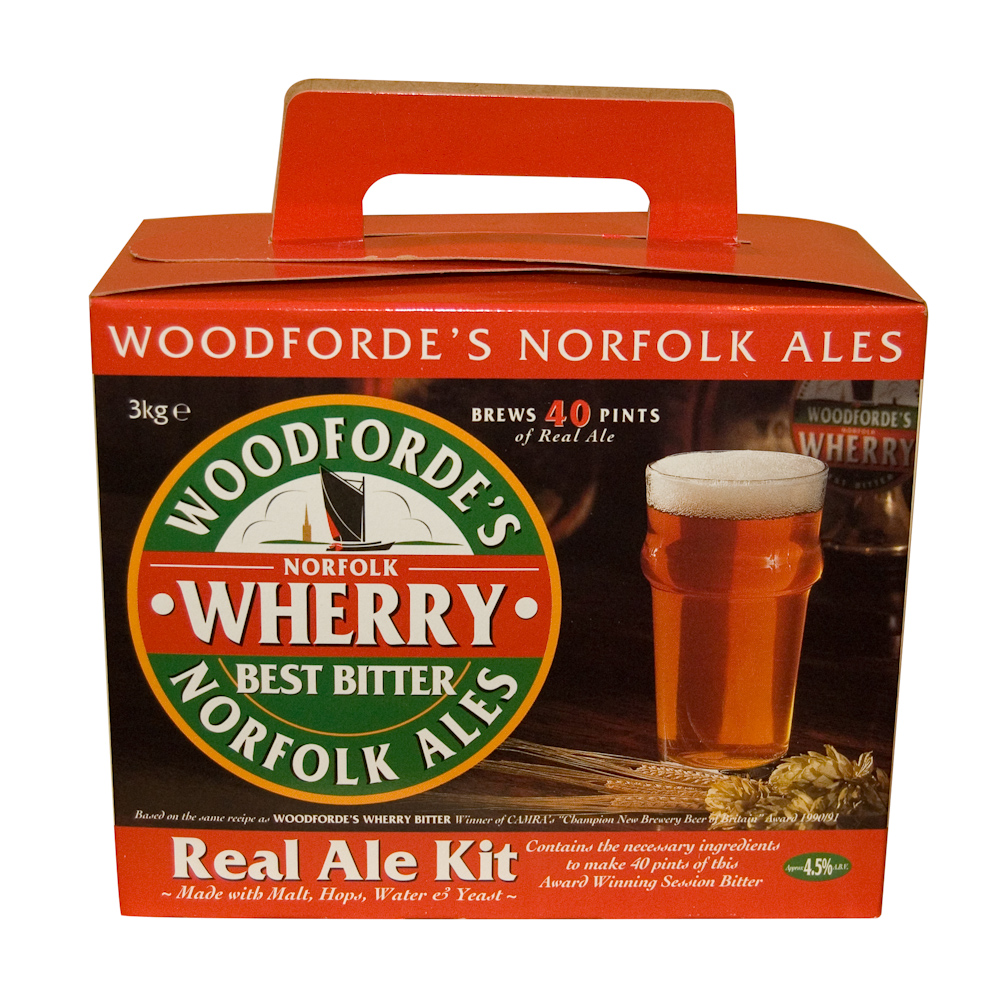I know this is a hotly discussed topic.
I've been brewing extract kits for quite some time now and although they are good and I've followed the instructions to the letter they always come out ......well tasting like home brew!.
its the smell of the extract even when its in the fermenting bucket before the yeast is added never quite leaves the smell of the finished brew. If I had a blindfold on and had a kit brew and a similar commercial placed in front of me I can smell the difference right away. This is my brews i'm on about so maybe you guys can tell me if that shouldn't be right?.
Last weekend I ventured into the whole grain area to see if this would taste any different. I was given a stove topper IPA beginners kit and right away during the mash the smell was completely different!. Hot Digestive biscuits but also ale !.
Now its in the demijohn bubbling away happily I'm interested to see if this will have that home brewy smell or will I finally produce something that not only tastes good which my other brews did but smells like a beer should to.
Can anyone here tell me, does wholegrain brews taste / smell better than extract kits or am I doing something wrong.
I should add I only use the premium kits and spray malt instead of sugar or dextrose.
I've been brewing extract kits for quite some time now and although they are good and I've followed the instructions to the letter they always come out ......well tasting like home brew!.
its the smell of the extract even when its in the fermenting bucket before the yeast is added never quite leaves the smell of the finished brew. If I had a blindfold on and had a kit brew and a similar commercial placed in front of me I can smell the difference right away. This is my brews i'm on about so maybe you guys can tell me if that shouldn't be right?.
Last weekend I ventured into the whole grain area to see if this would taste any different. I was given a stove topper IPA beginners kit and right away during the mash the smell was completely different!. Hot Digestive biscuits but also ale !.
Now its in the demijohn bubbling away happily I'm interested to see if this will have that home brewy smell or will I finally produce something that not only tastes good which my other brews did but smells like a beer should to.
Can anyone here tell me, does wholegrain brews taste / smell better than extract kits or am I doing something wrong.
I should add I only use the premium kits and spray malt instead of sugar or dextrose.





